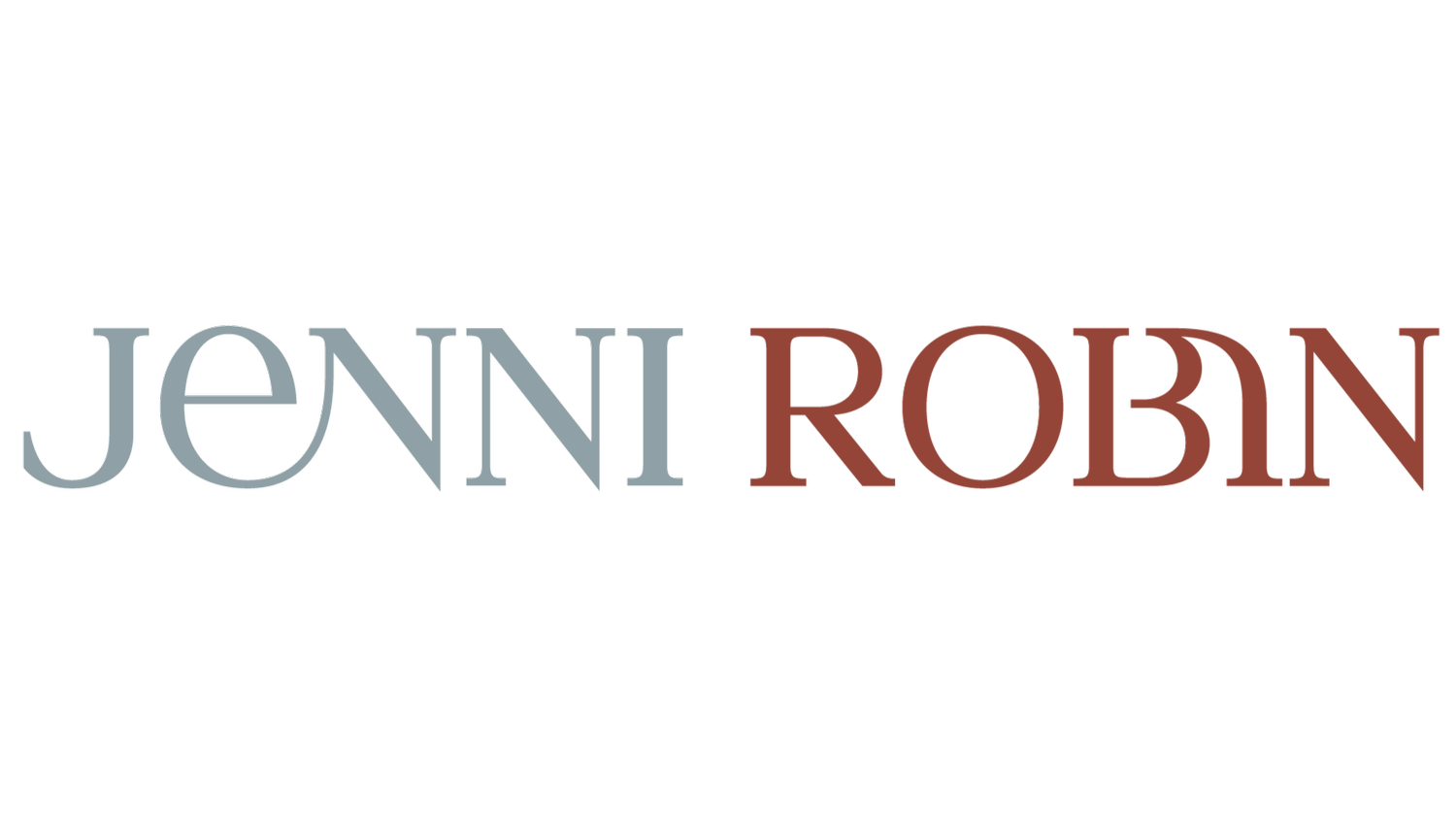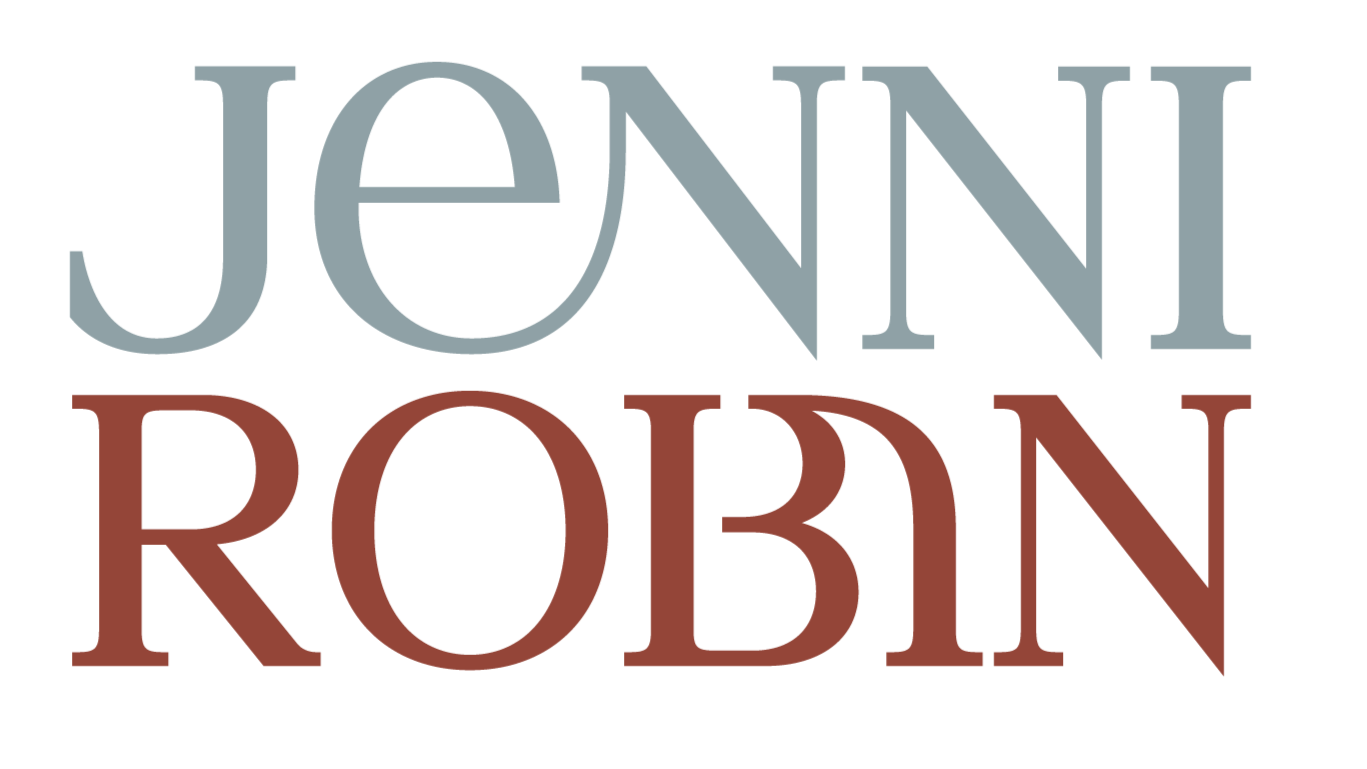The Interior Design Process
It’s more than selecting fabrics and wallpaper! After 15 years of experience, let me tell you why.
Welcome to the my journal, each month we’ll dive into the world of interior design.
Qualified Interior Designers have established and reliable network inclusive of architects, draftspersons, engineers, landscape architects, suppliers plus quality registered trades to execute clients dream outcomes efficiently and effectively.
Initially, I recommend a discovery call to kick off the journey, get to know one another, plus overall expectations including timeframes.
This 7-step process ensures a seamless execution, please read on.
1 Brief Establishment.
The kick off meeting is a vital step in shaping your dream project, where expertise and collaboration come together to ensure a thorough understanding of your vision. An experienced Interior Designer can accommodate a variety of styles for example, Hamptons, Farmhouse, Mid-Century, Modernist, Monochromatic, Electic.
2 Schematic Design.
Presenting a comprehensive vision for your project involves aligning the brief, budget, and style to create a tailored outcome. As part of this phase, delivery of early sketches, a curated material palette, and an overarching design concept to guide the direction of your project. It’s highly recommended to involve your preferred builder during this stage or ask for recommendations.
3 Design Development.
Conducting a thorough review of documentation and specifications ensures that the project remains aligned with the initial brief, balancing both functionality and aesthetics. At this stage, drawings can be prepared for official builder pricing or tendering, depending on your preferred approach. To maintain the project’s trajectory toward success, it is essential that clients provide thoughtful feedback, which will be interpreted and incorporated into the evolving concept.
4 Contract Documentation.
The Design Development documentation and schedules are finalised, incorporating any necessary value management adjustments to ensure the project remains within budget. Once complete, the documentation is reviewed and officially stamped for approval by the building surveyor (along with the other relevant third party documents), marking the project’s readiness for the next phase.
5 Contract Administration.
To ensure steady progress onsite, weekly or fortnightly project meetings are essential. During these sessions, the builder or project manager may present queries, commonly referred to as RFIs (Requests for Information), that require timely responses to maintain the project’s momentum.
6 Procurement.
Procurement of the final design elements involves coordinating logistics and delivery with preferred suppliers following client payment. This meticulous process ensures a seamless execution, culminating in a thoughtfully curated and cohesive design outcome.
7 Project Delivery.
The end of your project journey, a sense of achievement to see everything come to fruition. A professionally executed project has every right to be professionally photographed to be showcased to the world.
Follow Up.
After exploring your space and style, an opportunity to reflect on the project and discuss the outcomes is recommended post handover / practical completion.
Join us next month as we uncover the new Australian regulations regarding engineered stone.
Your Vision Crafted.
Jenni

